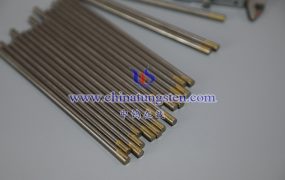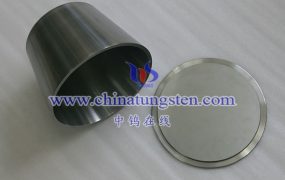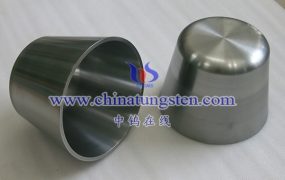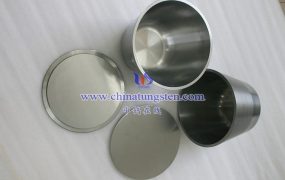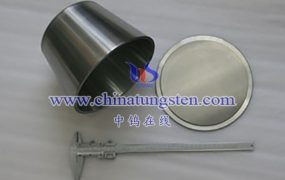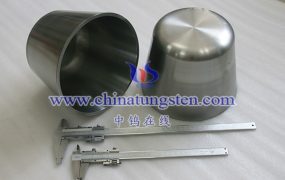Molybdenum electrodes have some important chemical properties, the main ones are listed below:
Corrosion resistance: Molybdenum electrodes have good corrosion resistance to many acidic and alkaline solutions. It can resist the erosion of some strong acids and alkalis, including sulfuric acid, hydrochloric acid, hydrofluoric acid, etc. This makes molybdenum electrodes stable in many corrosive environments found in the chemical industry.
Reactive Inertness: Molybdenum electrodes exhibit low reactivity and inertness in many chemical reactions. This means that it does not participate in most chemical reactions and has no effect on the reactants, so it can be used as a stable electrode in electrochemical reactions.
Oxidation: Molybdenum electrode may undergo oxidation reaction under high temperature and oxygen environment to form molybdenum trioxide (MoO3). This will cause an oxide film to form on the surface of the electrode, which will affect the conductivity of the electrode.
Solubility: Molybdenum electrodes may react with some metal or non-metal elements under certain conditions and form soluble compounds. This may lead to failure or damage of the electrodes.
High-temperature chemical stability: Molybdenum electrodes have good chemical stability in high-temperature environments. It maintains structural stability and integrity without significant chemical changes during high-temperature reactions or heating.
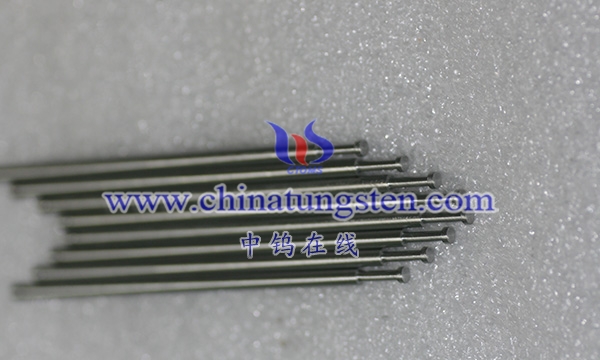
More details of molybdenum or molybdenum alloy products, please visit website: http://molybdenum-alloy.com/index.html
Please contact CHINATUNGSTEN for inquiry and order of molybdenum alloy products:
Email: sales@chinatungsten.com
Tel.: +86 592 5129595
